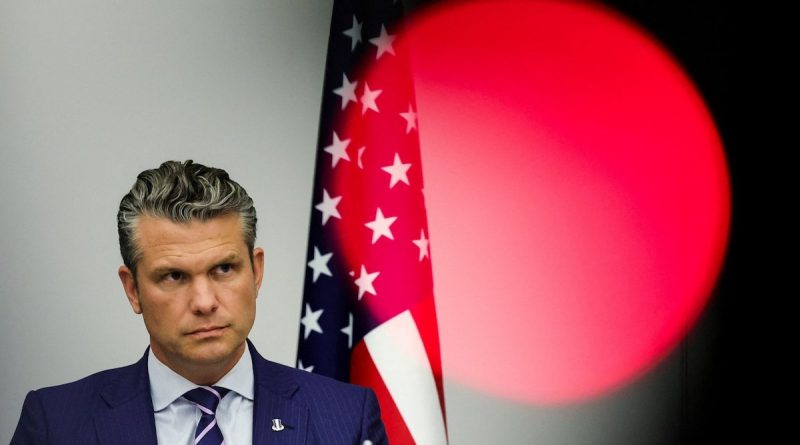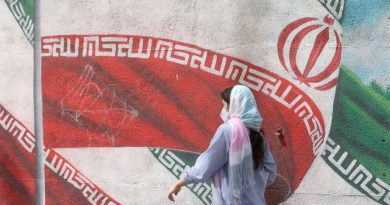Global Defense Leaders Unite to Strengthen Regional Security
Kuala Lumpur – U.S. Defense Secretary Pete Hegseth met with defense ministers from China, India, and other key Asian nations at the ASEAN Defense Summit in Malaysia, marking a significant step toward strengthening regional cooperation and promoting peace across the Indo-Pacific.
The series of meetings underscored a shared commitment to dialogue, stability, and collective security in a rapidly changing global environment.
In his discussions with Chinese Defense Minister Dong Jun, Secretary Hegseth reaffirmed the importance of maintaining open communication and avoiding misunderstandings in the region.
He emphasized that the United States seeks balance and stability in the Indo-Pacific while encouraging transparency and cooperation among regional powers.
The meeting was seen as a constructive engagement aimed at easing tensions and exploring opportunities for collaboration on shared challenges such as maritime safety and crisis prevention.
One of the major highlights of the summit was the signing of a landmark 10-year defense cooperation framework between the United States and India.
The agreement, finalized by Secretary Hegseth and India’s Defense Minister Rajnath Singh, was hailed as a cornerstone for regional peace and deterrence.
“This partnership is a roadmap for deeper collaboration and mutual trust between our two great democracies,” Hegseth said after the signing. Both sides expressed optimism about future defense projects, technology sharing, and joint military training programs.
The agreement comes at a crucial time when both nations are seeking to enhance strategic ties amid evolving global dynamics. Despite past trade frictions, the renewed defense partnership highlights a forward-looking approach based on mutual respect and shared values of democracy, security, and development.
During his visit, Secretary Hegseth also met with Malaysia’s Defense Minister Mohamed Khaled Nordin to discuss maritime security and freedom of navigation in the South China Sea.
Both leaders emphasized the importance of maintaining peace in the region’s vital waterways and ensuring that international law is upheld.
The joint statement released after the meeting reaffirmed a mutual commitment to protecting sovereignty, preventing conflicts, and promoting cooperation among Southeast Asian nations.
Malaysia, along with other ASEAN members, has voiced concerns over rising maritime tensions. The discussion reinforced the view that dialogue and peaceful resolution are the best paths forward.
“The South China Sea must remain a region of peace, stability, and cooperation,” said Minister Nordin. “By working together, we can ensure that future generations inherit a safe and prosperous region.”
In addition to China and India, Secretary Hegseth planned meetings with defense ministers from Indonesia, the Philippines, and Thailand to further deepen ties and discuss joint exercises and humanitarian assistance initiatives.
Representatives from Australia, New Zealand, South Korea, and Russia also attended the ASEAN Defense Ministers’ Meeting, signaling the region’s growing importance on the global stage.
The summit took place amid renewed calls for nuclear disarmament and peacebuilding efforts. ASEAN Secretary-General Kao Kim Hourn reiterated the organization’s dedication to maintaining Southeast Asia as a nuclear-free zone, highlighting the region’s long-standing commitment to non-proliferation and peace.
On the broader security front, U.S. President Donald Trump also addressed ASEAN leaders virtually, assuring them of Washington’s unwavering support.
“The United States stands with you 100 percent,” he said, pledging long-term partnership and cooperation to promote shared security and prosperity.
Japan’s Prime Minister Sanae Takaichi echoed this sentiment, expressing her country’s determination to strengthen defense capabilities and contribute to regional stability.
The partnership between the U.S. and Japan continues to serve as a pillar of peace in the Indo-Pacific, especially as both countries work together to address emerging challenges.
As the summit concluded, there was a clear sense of optimism and unity among the participants. Through open dialogue, strategic partnerships, and mutual respect, the leaders reaffirmed their collective vision for a peaceful and secure Indo-Pacific.
The meetings in Kuala Lumpur underscored that collaboration, not confrontation, is the path to sustainable peace. With nations coming together under shared goals of security and development, the region is moving toward a future defined by cooperation, mutual trust, and lasting stability.



